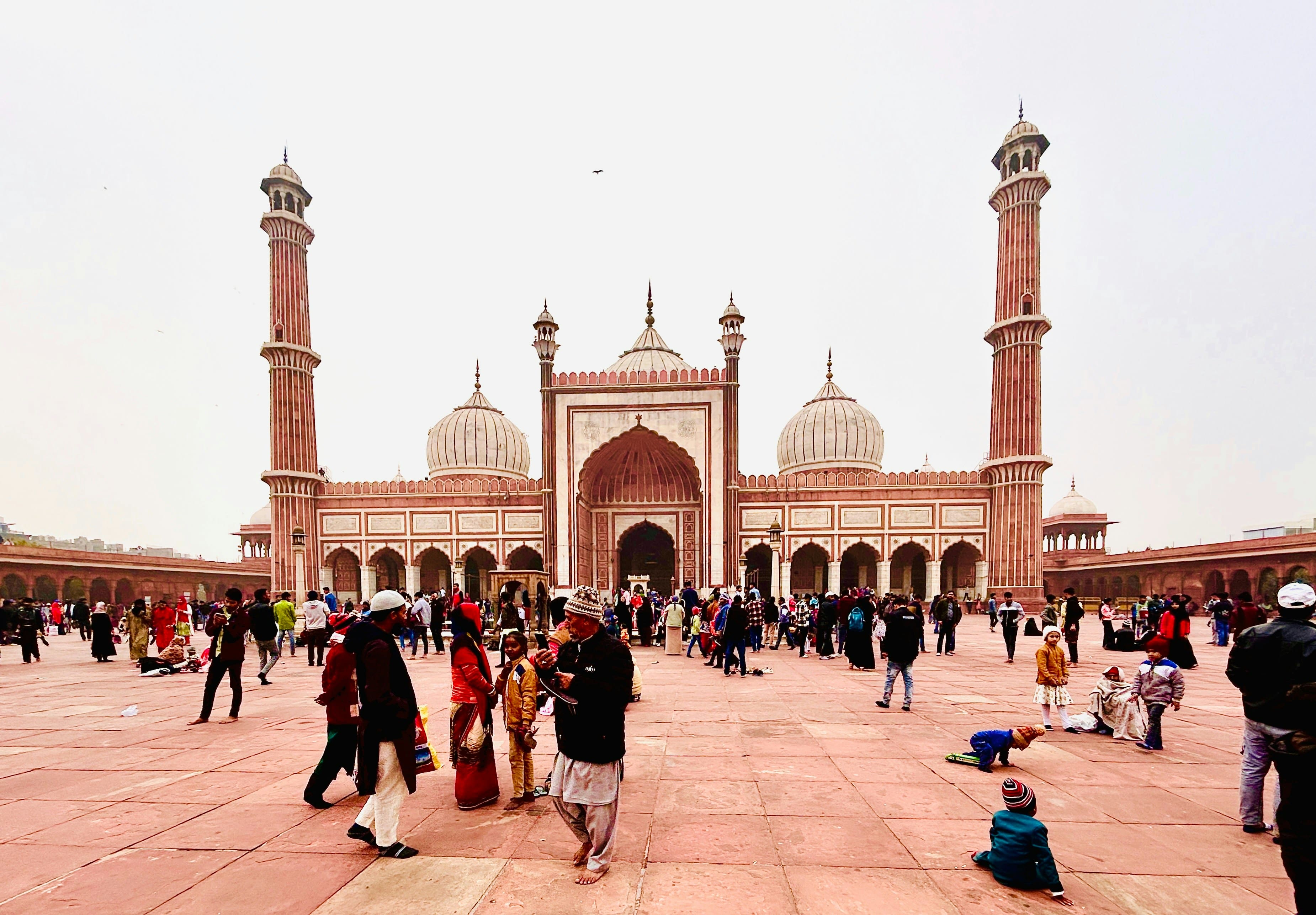
Cost of Living in New Delhi
2025-04-01
New Delhi, India's capital, offers a dynamic environment for expatriates and international professionals. The city combines affordable living with a rich cultural heritage, making it an intriguing destination for those seeking career growth. However, challenges like air pollution, traffic congestion, and bureaucratic processes need careful consideration. With a thriving job market in sectors like IT and finance, New Delhi can be a rewarding place to live, provided one is prepared for its unique challenges.
Introduction to New Delhi
New Delhi, the capital city of India, lies in the northern part of the country, within the larger National Capital Territory (NCT) of Delhi. It experiences a diverse climate with extreme temperatures, ranging from hot summers (up to 45°C or 113°F) to cold winters (as low as 4°C or 39°F). The monsoon season brings heavy rainfall between June and September.
Economy and Employment
New Delhi is a major hub for India’s economy, driven by sectors like information technology, telecommunications, and finance. The city also hosts numerous multinational corporations and government institutions. Despite its economic importance, challenges such as inflation and inequality persist. Key employers include Indian conglomerates, international IT firms, and various global financial services companies.
Immigration Requirements
To work in New Delhi, expatriates require an employment visa, usually secured through a job offer. The process can be bureaucratic, requiring specific documentation and sponsorship from the employing company. Residence permits are tied to employment, making job security crucial for continued stay.
Job Market and Opportunities
New Delhi’s job market is competitive, especially in IT, finance, and consulting. Salaries vary widely depending on the industry and experience. While local wages might seem lower compared to Western standards, they often reflect the cost of living in India. Work culture in Delhi is demanding, with long hours being the norm. However, career advancement opportunities are plentiful for those willing to navigate the local business landscape.
Cost of Living
Living in New Delhi can be affordable, though it depends on lifestyle choices. Here's a breakdown of key expenses:
- Housing: Renting in central areas like Connaught Place or upscale neighborhoods like Vasant Vihar can be expensive, with monthly rents for a 2-bedroom apartment ranging from INR 60,000 to INR 150,000 (USD 725 to 1,800). Suburban areas are more affordable.
- Transport: Public transport is cheap and extensive, with metro rides costing between INR 10 to INR 60 (USD 0.12 to 0.75). However, traffic can be chaotic, making commute times unpredictable.
- Groceries: Local groceries are reasonably priced, with fresh produce being particularly affordable. Imported goods, however, can be expensive.
- Dining Out: Dining out ranges from affordable local eateries to expensive high-end restaurants, with a meal for two at a mid-range restaurant costing around INR 1,500 (USD 18).
- Healthcare: Healthcare in private hospitals is of high quality but can be expensive without insurance. Public healthcare is available but often crowded.
Quality of Life
New Delhi offers a mix of modern amenities and rich cultural experiences. However, the city faces challenges such as air pollution, traffic congestion, and a significant gap between the affluent and the poor. On the plus side, the city has a selection of markets, historical sites, and a burgeoning arts scene.
Pros and Cons
Pros:
- Affordable cost of living compared to many Western cities; rich cultural and historical experiences; a thriving job market in certain sectors.
Cons:
- High levels of air pollution; there is traffic congestion and long commute times; and bureaucratic hurdles for immigration and work permits.
Culture and Community
New Delhi is a melting pot of cultures, with Hindi as the primary language, though English is widely spoken in business settings. The city celebrates numerous festivals, reflecting its diverse religious background. Social norms emphasize respect for tradition, but the city is generally welcoming to foreigners.
Healthcare
Healthcare quality varies. Private hospitals offer high standards but can be costly without adequate insurance. Public healthcare is more accessible but often overcrowded. Health insurance is advisable for expatriates, covering a range of services including specialist care.
Safety and Security
New Delhi has a mixed reputation regarding safety. While violent crime rates are moderate, petty crimes like pickpocketing are common, especially in crowded areas. Political stability is generally strong, though protests and strikes can disrupt daily life. Natural disasters, such as earthquakes, are rare but possible.
Residential Areas
Popular areas for expatriates include South Delhi neighborhoods like Hauz Khas, Greater Kailash, and Vasant Vihar. These areas offer a blend of luxury, proximity to amenities, and international schools.
Education
New Delhi hosts several international schools offering curricula like the International Baccalaureate (IB) and British or American systems. These schools are located primarily in South Delhi, catering to the expatriate community.
Social and Recreational Life
New Delhi offers has numerous restaurants, clubs, and cultural events. The city has ample recreational opportunities, including parks, sports clubs, and community groups. Weekend getaways to nearby hill stations and historical sites are popular.
Transportation
Public transportation in New Delhi includes the metro, buses, and auto-rickshaws. The Delhi Metro is modern and efficient, covering most of the city. However, road traffic is heavy, and driving can be a challenge due to congestion and varying road conditions. The city is well-connected by air, with Indira Gandhi International Airport offering flights to major global destinations.
Unique Aspects
New Delhi's blend of ancient history and modernity stands out. The city is home to UNESCO World Heritage Sites like Qutub Minar and Humayun's Tomb, alongside modern skyscrapers and shopping malls. This juxtaposition of the old and new makes New Delhi unique.
Overall Cost of Living
New Delhi offers a relatively low cost of living compared to Western cities, though certain amenities can be costly depending on lifestyle choices.
Use Xpatulator’s Cost of Living Calculators and Tools for informed decision-making about the cost of living in New Delhi, India, and the salary/allowance/assignment package required to maintain your current standard of living.